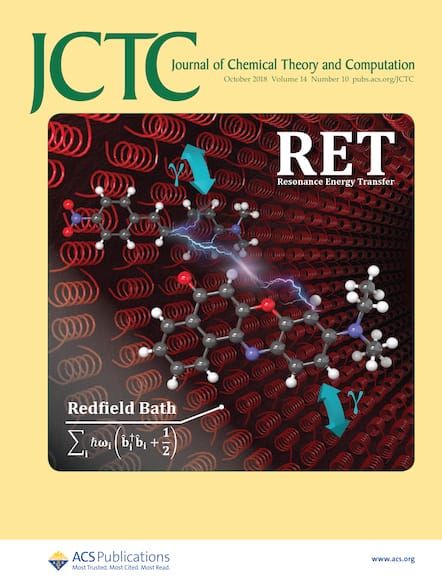利用知识丰富的可解释深度学习发现有机光电子学中的分子见解。
IF 5.5
1区 化学
Q2 CHEMISTRY, PHYSICAL
引用次数: 0
摘要
深度学习在加速分子筛选和材料设计方面具有重要的前景。然而,当前模型的黑箱性质限制了它们产生新的化学知识和见解的能力。在这里,我们提出了LUMIA(人工智能学习和理解分子洞察),这是一个创新的可解释深度学习框架,集成了化学信息对比学习和蒙特卡罗树搜索(MCTS)。LUMIA在大约140万个有机分子上进行了预训练,使用明确嵌入π共轭和取代基效应的知识增强。这使得它能够有效地捕获与化学直觉一致的分层分子表示。至关重要的是,化学知识的明确集成使LUMIA能够在多个有机光电特性预测任务中实现最先进的性能。利用其内在的可解释性通过MCTS, LUMIA直接揭示了以前未探索的影响重组能量的子结构模式,使合理的分子设计超越了训练数据集。此外,LUMIA揭示了新的化学见解,包括吡唑衍生物中取代基位置的协同效应。本研究强调了知识嵌入在可解释深度学习、转化分子设计和加速化学发现中的关键作用。本文章由计算机程序翻译,如有差异,请以英文原文为准。
Discovering Molecular Insights in Organic Optoelectronics with Knowledge-Informed Interpretable Deep Learning.
Deep learning holds significant promise for accelerating molecular screening and materials design. However, the black-box nature of current models limits their ability to generate fundamentally new chemical knowledge and insights. Here, we propose LUMIA (Learning and Understanding Molecular Insights with Artificial Intelligence), an innovative interpretable deep learning framework integrating chemistry-informed contrastive learning and Monte Carlo tree search (MCTS). LUMIA is pretrained on approximately 1.4 million organic molecules, using knowledge-informed augmentations that embed π-conjugation and substituent effects explicitly. This allows it to effectively capture hierarchical molecular representations aligned with chemical intuition. Critically, the explicit integration of chemical knowledge enables LUMIA to achieve state-of-the-art performance across multiple organic optoelectronic property prediction tasks. Leveraging its intrinsic interpretability through MCTS, LUMIA directly uncovers previously unexplored substructure patterns influencing reorganization energy, enabling rational molecular design beyond the training data set. Furthermore, LUMIA reveals novel chemical insights, including synergistic effects of substituent positions in pyrazole derivatives. This study highlights the pivotal role of knowledge embedding in interpretable deep learning, transforming molecular design, and accelerating chemical discovery.
求助全文
通过发布文献求助,成功后即可免费获取论文全文。
去求助
来源期刊

Journal of Chemical Theory and Computation
化学-物理:原子、分子和化学物理
CiteScore
9.90
自引率
16.40%
发文量
568
审稿时长
1 months
期刊介绍:
The Journal of Chemical Theory and Computation invites new and original contributions with the understanding that, if accepted, they will not be published elsewhere. Papers reporting new theories, methodology, and/or important applications in quantum electronic structure, molecular dynamics, and statistical mechanics are appropriate for submission to this Journal. Specific topics include advances in or applications of ab initio quantum mechanics, density functional theory, design and properties of new materials, surface science, Monte Carlo simulations, solvation models, QM/MM calculations, biomolecular structure prediction, and molecular dynamics in the broadest sense including gas-phase dynamics, ab initio dynamics, biomolecular dynamics, and protein folding. The Journal does not consider papers that are straightforward applications of known methods including DFT and molecular dynamics. The Journal favors submissions that include advances in theory or methodology with applications to compelling problems.
 求助内容:
求助内容: 应助结果提醒方式:
应助结果提醒方式:


